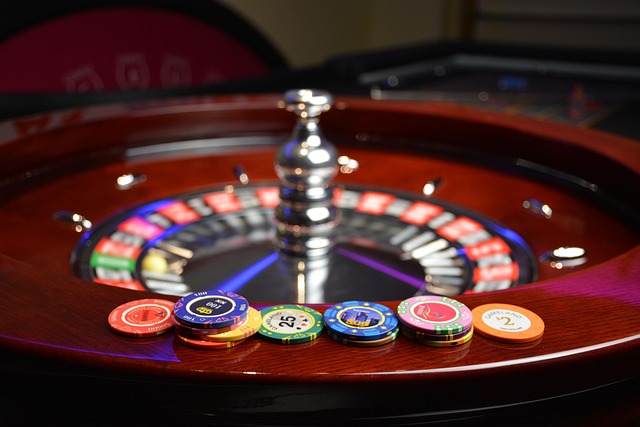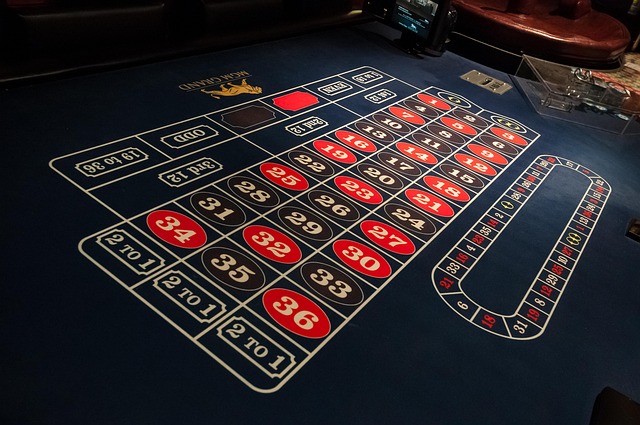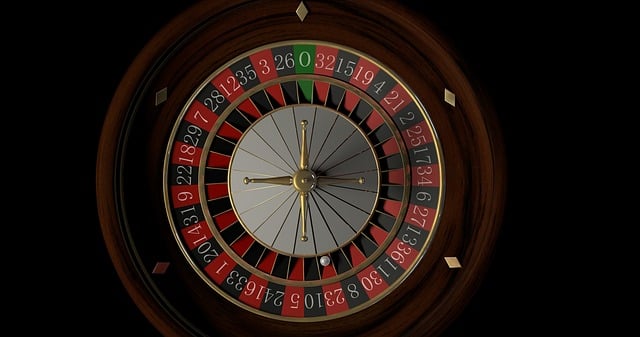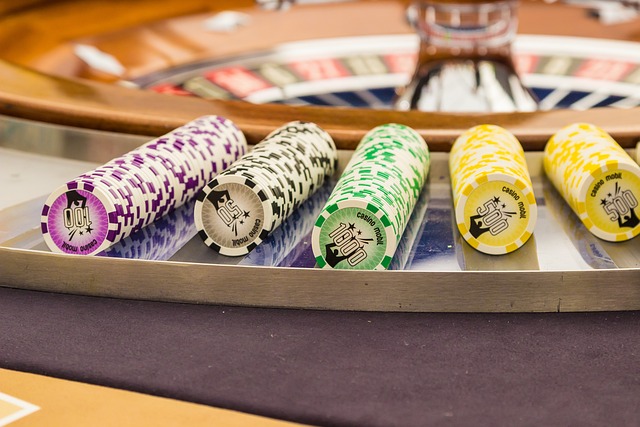Understanding roulette odds and house edges is key to crafting a winning strategy. Different bet types offer varying risks and rewards, with straight bets on individual numbers having higher risks but better potential payouts compared to low-risk, low-reward bets like reds/black or evens/odds. The European wheel has a lower house edge (approx. 2.7%) than the American wheel (5.26%). Popular betting strategies like Martingale and Fibonacci Systems offer structured approaches, but don't guarantee success; they are tools to manage risk and reward in an unpredictable game. Advanced methods involving bet doubling after losses require critical analysis, as digital tools enhance strategic decision-making without eliminating roulette's built-in advantage.
Roulette is a captivating casino game, but understanding its intricacies is key to employing effective strategies. In this article, we’ll explore the art of roulette strategy, delving into crucial aspects like understanding odds and the house edge. We’ll uncover popular betting strategies, from classic to advanced systems, examining their efficacy in navigating the game’s probabilities. Uncover winning insights and learn how to make informed decisions at the roulette table with these powerful Roulette Strategy techniques.
- Understanding Roulette Odds and House Edge
- Popular Roulette Betting Strategies
- Advanced Roulette Systems and Their Efficacy
Understanding Roulette Odds and House Edge
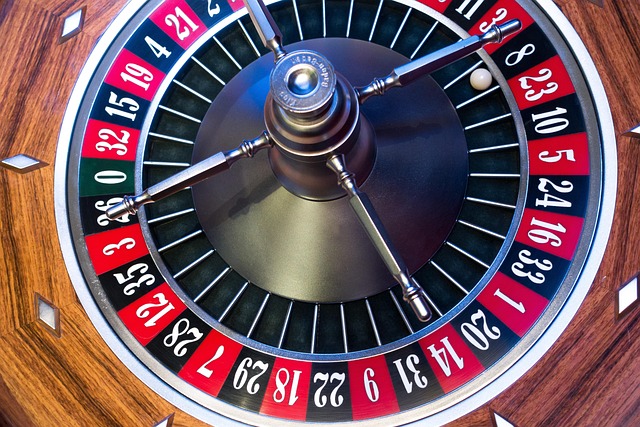
In the realm of roulette strategy, understanding the odds and the house edge is paramount. Roulette, at its core, is a game of chance where players bet on the outcome of a spin, with numbers ranging from 0 to 36 (or 37 in American roulette). The house edge, a crucial concept for any roulette strategy, refers to the statistical advantage that the casino has over the player. It’s the difference between the odds of winning and the payout amount. The European wheel, for instance, has a house edge of approximately 2.7%, while the American wheel, with its double zero, sits at around 5.26%. Knowing these odds is key to formulating any effective roulette strategy.
Players who want to employ successful roulette strategies must grasp that each bet type carries different probabilities. Straight bets on individual numbers have higher risks but potentially higher rewards. Meanwhile, bets like reds/black, evens/odds, or high/low offer lower payouts but also lower risks. Understanding these odds empowers players to make informed decisions, allowing them to balance risk and reward according to their chosen roulette strategy.
Popular Roulette Betting Strategies

Roulette is a game that has captured the hearts and wallets of many with its simplicity and thrill. Among the various ways to approach it, several betting strategies have gained popularity over time. One such well-known strategy is the Martingale System, where players double their bets after each loss until they win, aiming to recoup previous losses. This method is often seen as a high-risk, high-reward approach.
Another widely discussed roulette strategy is the Fibonacci System, which involves betting based on the Fibonacci sequence. Players bet on numbers that are part of this sequence, adjusting their wager size after each outcome. Unlike Martingale, this strategy suggests a more controlled approach, focusing on managing risk rather than seeking aggressive gains. These strategies, while popular, do not guarantee success; they simply offer structured methods for players to interact with the game, each with its own set of pros and cons.
Advanced Roulette Systems and Their Efficacy

In the realm of roulette strategy, advanced systems have emerged, promising players an edge over the traditional methods. These sophisticated strategies involve complex calculations and statistical analyses, aiming to predict outcomes with greater accuracy. One popular approach is the Martingale System, which advocates for doubling bets after each loss until a win is achieved. While this may seem enticing in theory, it’s important to note that such advanced systems come with risks and don’t guarantee success. The casino’s advantage remains inherent in the game mechanics, and consistent application of these strategies doesn’t alter that fundamental fact.
The efficacy of these advanced roulette systems is often debated among players. Some swear by their effectiveness, citing instances where they’ve turned the tables in their favor. However, others argue that such systems are more about luck than any tangible strategic advantage. In today’s digital era, with sophisticated software and data analysis at our fingertips, it’s crucial to approach these strategies critically. Remember that roulette is a game of chance, and while strategic decisions can enhance your experience, they rarely offer a guaranteed path to wealth or significant advantages over the house edge.
Roulette is a captivating game that offers both entertainment and challenges. By understanding the fundamentals, such as odds and house edge, players can make informed decisions. Exploring various betting strategies, from popular to advanced systems, provides opportunities for potential advantage. However, it’s essential to remember that no single roulette strategy guarantees success; each approach has its risks and rewards. Ultimately, responsible gaming and a keen awareness of the game’s dynamics are key to enjoying the thrill of roulette.

